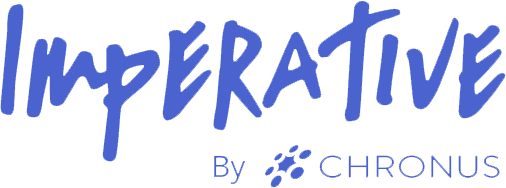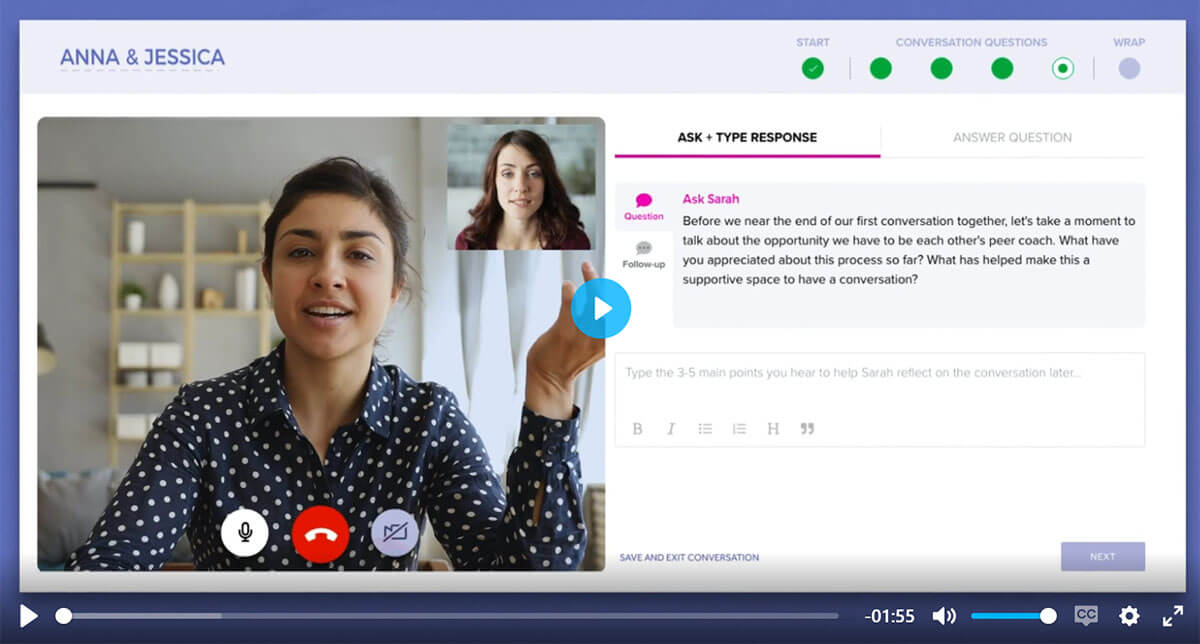Why You May Be Giving Employees the Wrong Mindset for Learning

Last week we hosted Susan Ashford, author of The Power of Flexing, on our monthly webinar series to break down how it’s actually possible to incorporate learning into the flow of work. One of the first (and arguably most powerful) components is a person’s mindset towards learning and growth.
But how do you set the stage for this type of mindset and continue to cultivate it, across your organization? It starts with the “how” and “who” of your development programs.
Exclusive Development Programs
The strategy seems sound and the intention is logical: with limited resources to develop and train your people, focus on the high potentials. But here’s where the power of unintended consequences comes in: if most leadership programs only serve under 10% of employees*, then that means the other 90% of your people get the message that they’re not leaders.
Add on to this the fact that research shows that companies don’t even pick the right 10%**. This greatly impacts the mindset of both the high potentials and the other 90% of your people.
Reactive vs. Proactive Mindset
When development programs are limited to the select few, it creates a mindset of being reactive, not proactive, towards learning opportunities. In this scenario, people view their company as the primary agent in driving their learning. They often then adopt a reactive mindset, leading to:
- Waiting for formal learning opportunities
- Expecting growth to come to them
- Ultimately preventing a growth mindset
Creating a Proactive Learning Mindset
When development programs are limited to the select few, it creates a mindset of being reactive, not proactive, towards learning opportunities. In this scenario, people view their company as the primary agent in driving their learning. They often then adopt a reactive mindset, leading to:
- Seeking out learning opportunities
- Owning their own growth
- Developing a growth mindset
Learning & Development for All
To bring it full circle, the key to fostering a learning mindset across your organization is how you structure your development programs and who they’re accessible to. This means being strategic with the programs and platforms you use and how you message them to your people.
Hasbro is currently using the Imperative platform to do just that: make learning and development available for all, creating a culture of learning, innovation and belonging.
“People are busy. If they don’t find value in something, they won’t come back. And what we are finding is that they are coming back.”
Melissa Henderson,VP of HR, Hasbro
By matching peers across a company for ongoing, guided coaching conversations, employees are able to own their growth and development. During each conversation, each peer commits to one action they want to complete before they meet next, driving behavior change through commitment and accountability.
With conversations every two weeks, peers are given the timely, personalized support they need, bringing learning right into the flow of work.
Does it *Actually Work?
Our trailblazing clients like Zillow, Hasbro, and Boston Scientific have seen these results across their organization by using the Imperative Platform:
- Deeper Connections—89% of connections created build a meaningful and sustained relationship
- Personal Growth—78% of employees report peer coaching made them more successful
- · Holistic Wellbeing—Employees leave each conversation with 2.4X more positive emotions
Our mission at Imperative is to humanize work and make work more fulfilling for every person. After 30,000 hours of peer coaching conversations, the data is in: peer coaching is the bright spot you’re looking for. Let’s chat about how we can bring this to life for your company: hello@imperative.com
Citations:
*Allan H. Church, Christopher T. Rotol, Nicole M. Ginther, and Rebecca Levine, “How Are Top Companies Designing and Managing Their High Potential Programs? A Follow-up Talent Management Benchmark Study,” Consulting Psychology Journal: Practice and Research
**Jack Zenger, Joseph Folkman, “Companies Are Bad at Identifying High-Potential Employees,” Harvard Business Review, Feb 20, 2017







